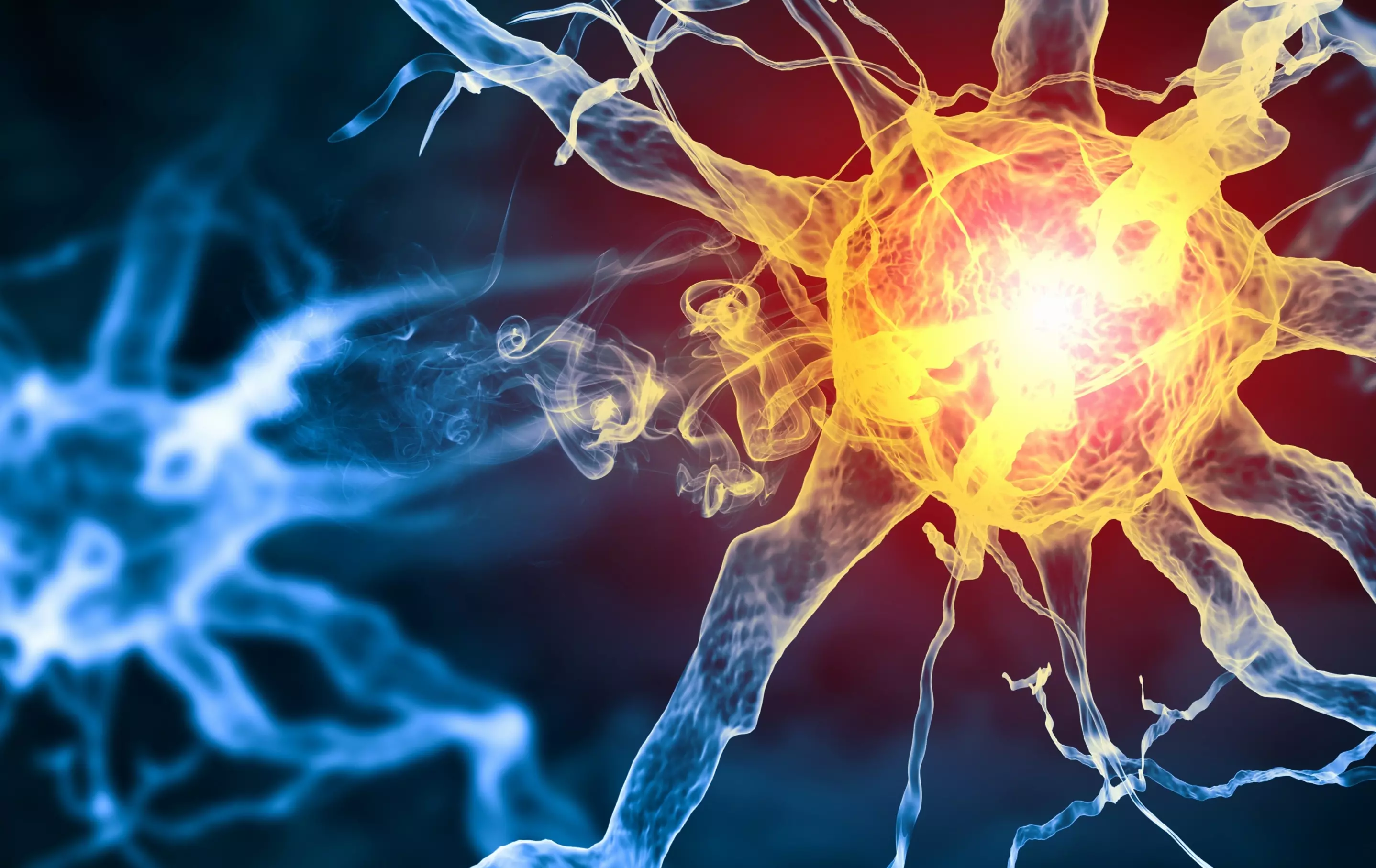Machine Perception and Cognition Group

“AI is THE key technology of the digital transformation, across sectors and industries, with major effects on our societies. Our research thus makes major contributions to the development of robust and trustworthy AI methods, and we enthusiastically teach their safe implementation and application.”
Fields of expertise

- Pattern recognition with deep learning
- Machine perception, computer vision and speaker recognition
- Neural system development
The MPC group conducts pattern recognition research, working on a wide variety of tasks relating to image, audio, and signal data per se. We focus on deep neural network and reinforcement learning methodology, inspired by biological learning. Each task we study has its own learning target (e.g., detection, classification, clustering, segmentation, novelty detection, control) and corresponding use case (e.g., predictive maintenance, speaker recognition for multimedia indexing, document analysis, optical music recognition, computer vision for industrial quality control, automated machine learning, deep reinforcement learning for automated game play or building control), which in turn sheds light on different aspects of the learning process. We use this experience to create increasingly general AI systems built on neural architectures.
Services
- Insight: keynotes, trainings
- AI consultancy: workshops, expert support, advise, technology assessment
- Research and development: small to large-scale collaborative projects, third party-funded research, student projects, commercially applicable prototypes
Team
Head of Research Group
Projects
-
Deep Dive ML on Simulated Enzyme-Electrolysis Performance
The goal of this pilot study is to research requirements needed to develop a computational model that simulates the fluidic and electro-biochemical dynamics in the power-to-liquid process in order to optimise the performance, efficiency and longevity of enzymes.
-
AI4REALNET: AI for REAL-world NETwork operation
The scope of AI4REALNET covers the perspective of AI-based solutions addressing critical systems (electricity, railway, and air traffic management) modelled by networks that can be simulated, and are traditionally operated by humans, and where AI systems complement and augment human abilities. It has two main ...
-
Stability of self-organizing net fragments as inductive bias for next-generation deep learning
We recently released "A Theory of Natural Intelligence", proposing a possible key to the emergence of intelligence in biological learners. Goal of this fellowship is to develop a technical implementation of the concept of self-organizing netfragments within contemporary deep artificial neural nets. ...
-
ML-BCA: Machine Learning for Body Composition Analysis
The Centre for Artificial Intelligence (CAI) of the ZHAW, together with the Cantonal Hospital Aarau, has laid the foundations for machine learning-supported body composition analysis on image files of the KSA within the framework of preliminary studies and has achieved promising results. The aim of this project is ...
-
Master3D – 3D-Master for a Digitized Manufacturing Platform
We enhance Bossard's Real Time Manufacturing Services by automatically creating quotes for special parts. The core is an AI-created 3D Master that unifies all available part information, enabling pricing and feasibility evaluation for many manufacturing technologies incl. additive manufacturing. ...
Publications
-
Dashti, Ali; Stadelmann, Thilo; Kohl, Thomas,
2024.
Machine learning for robust structural uncertainty quantification in fractured reservoirs.
Geothermics.
120(103012).
Available from: https://doi.org/10.1016/j.geothermics.2024.103012
-
Yan, Peng; Abdulkadir, Ahmed; Aguzzi, Giulia; Schatte, Gerrit A.; Grewe, Benjamin F.; Stadelmann, Thilo,
2024.
In:
11th IEEE Swiss Conference on Data Science (SDS), Zurich, Switzerland, 30-31 May 2024.
ZHAW Zürcher Hochschule für Angewandte Wissenschaften.
Available from: https://doi.org/10.21256/zhaw-30430
-
Meyer, Benjamin; Stadelmann, Thilo; Lüthi, Marcel,
2024.
ScalaGrad : a statically typed automatic differentiation library for safer data science [paper].
In:
11th IEEE Swiss Conference on Data Science (SDS), Zurich, Switzerland, 30-31 May 2024.
ZHAW Zürcher Hochschule für Angewandte Wissenschaften.
Available from: https://doi.org/10.21256/zhaw-30408
-
Tuggener, Lukas; Sager, Pascal; Taoudi-Benchekroun, Yassine; Grewe, Benjamin F.; Stadelmann, Thilo,
2024.
So you want your private LLM at home? : a survey and benchmark of methods for efficient GPTs [paper].
In:
11th IEEE Swiss Conference on Data Science (SDS), Zurich, Switzerland, 30-31 May 2024.
ZHAW Zürcher Hochschule für Angewandte Wissenschaften.
Available from: https://doi.org/10.21256/zhaw-30279
-
Jermain, Peter R.; Oswald, Martin; Langdun, Tenzin; Wright, Santana; Khan, Ashraf; Stadelmann, Thilo; Abdulkadir, Ahmed; Yaroslavsky, Ann N.,
2024.
Rapid optical cytology with deep learning-based cell segmentation for diagnosis of thyroid lesions [paper].
In:
Proceedings of the 2024 Optica Biophotonics Congress: Biomedical Optics.
Optica Biophotonics Congress: Biomedical Optics, Fort Lauderdale, USA, 7-10 April 2024.
Optica Publishing Group.
Available from: https://doi.org/10.21256/zhaw-29674
Other releases
| When | Type | Content |
|---|---|---|
| 2023 | Extended Abstract | Thilo Stadelmann. KI als Chance für die angewandten Wissenschaften im Wettbewerb der Hochschulen. Workshop (“Atelier”) at the Bürgenstock-Konferenz der Schweizer Fachhochschulen und Pädagogischen Hochschulen 2023, Luzern, Schweiz, 20. Januar 2023 |
| 2022 | Extended Abstract | Christoph von der Malsburg, Benjamin F. Grewe, and Thilo Stadelmann. Making Sense of the Natural Environment. Proceedings of the KogWis 2022 - Understanding Minds Biannual Conference of the German Cognitive Science Society, Freiburg, Germany, September 5-7, 2022. |
| 2022 | Open Reserach Data | Felix M. Schmitt-Koopmann, Elaine M. Huang, Hans-Peter Hutter, Thilo Stadelmann, and Alireza Darvishy. FormulaNet: A Benchmark Dataset for Mathematical Formula Detection. One unsolved sub-task of document analysis is mathematical formula detection (MFD). Research by ourselves and others has shown that existing MFD datasets with inline and display formula labels are small and have insufficient labeling quality. There is therefore an urgent need for datasets with better quality labeling for future research in the MFD field, as they have a high impact on the performance of the models trained on them. We present an advanced labeling pipeline and a new dataset called FormulaNet. At over 45k pages, we believe that FormulaNet is the largest MFD dataset with inline formula labels. Our dataset is intended to help address the MFD task and may enable the development of new applications, such as making mathematical formulae accessible in PDFs for visually impaired screen reader users. |
| 2020 | Open Research Data | Lukas Tuggener, Yvan Putra Satyawan, Alexander Pacha, Jürgen Schmidhuber, and Thilo Stadelmann, DeepScoresV2. The DeepScoresV2 Dataset for Music Object Detection contains digitally rendered images of written sheet music, together with the corresponding ground truth to fit various types of machine learning models. A total of 151 Million different instances of music symbols, belonging to 135 different classes are annotated. The total Dataset contains 255,385 Images. For most researches, the dense version, containing 1714 of the most diverse and interesting images, is a good starting point. |








